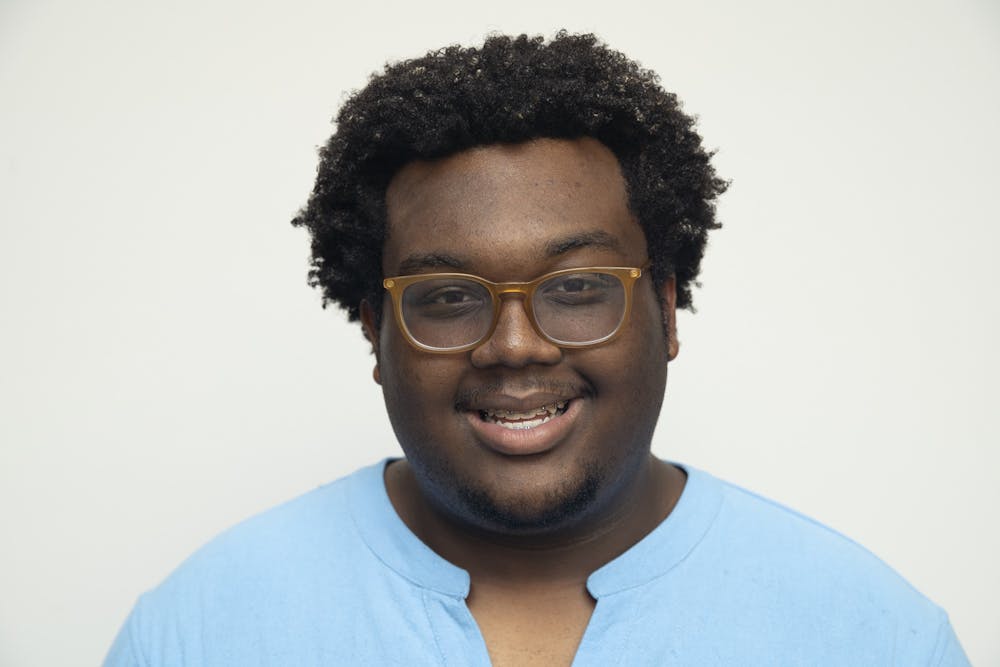Lamar Richards knows how to keep his hands in more than one pot, as he tackles student equity and racial injustice — all while balancing the demands of his sophomore year at UNC.
“Your voice is the most powerful thing that you have,” Richards said. “You can take away all the titles away from me. My voice is what I have, and how I choose to use that is my most powerful and most honest characteristic. I chose to use it to advocate.”
The psychology major has been featured in several major media outlets — including The Washington Post, NBC News and WRAL News — to give his perspective on the impact of the pandemic on the reopening of college campuses. And with his new role on the Campus and Community Advisory Committee, he has further plans to create equitable opportunities for students of color.
“Having your name everywhere is a good and bad thing,” Richards said. “I don’t do it for the publicity. I recognize the platform these media outlets have, and how I can utilize these platforms to further my agenda of racial equity among the younger generation, and just racial justice for every American citizen.”
Recently, Richards wrote a letter to the University about making Election Day a holiday.
Over the summer, Richards proposed a technology initiative for students in financial need during the pandemic. Paired with the provost and the IT department, the initiative gave around 3,000 students $200 for reliable internet access.
As chairperson of the Commission on Campus Equality and Student Equity and the finance and ethics vice-chairperson of the Undergraduate Senate, Richards also proposed fall recommendations for campus reopening. He said that he advocated for the pass/fail extension for this semester.
Currently, he said he is trying to establish a minority and low-income professional development initiative that will grant college students with “free study materials” for standardized tests, including the Medical College Admission Test and Law School Admission Test. It will also hire graduate students and compensate them for tutoring these students.
In his hometown in South Carolina, Richards said he was very involved. He was state president of the National Beta Club for South Carolina, which involved leading over 30,000 members.




